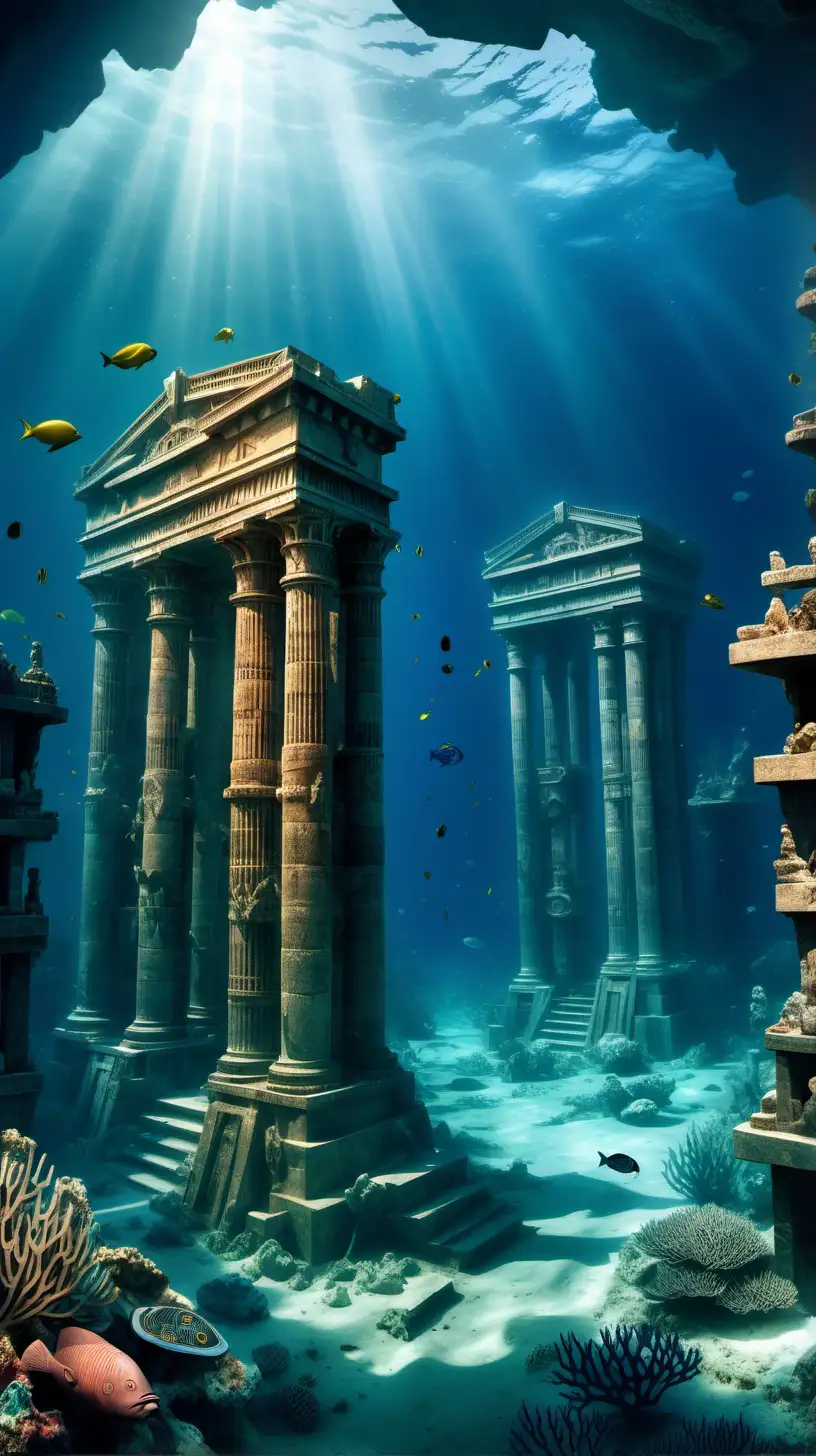The Enigmatic Atlantis: Unraveling the Mystery of its Location
Related Articles: The Enigmatic Atlantis: Unraveling the Mystery of its Location
Introduction
With enthusiasm, let’s navigate through the intriguing topic related to The Enigmatic Atlantis: Unraveling the Mystery of its Location. Let’s weave interesting information and offer fresh perspectives to the readers.
Table of Content
The Enigmatic Atlantis: Unraveling the Mystery of its Location

Atlantis, the legendary lost city, has captivated imaginations for centuries. Its story, as recounted by the ancient Greek philosopher Plato, paints a vivid picture of a powerful maritime civilization with advanced technology and a tragic downfall. While the existence of Atlantis remains a subject of intense debate, its potential location has been a source of endless speculation and exploration.
The Platonic Account: A Starting Point
Plato’s dialogues, "Timaeus" and "Critias," provide the most detailed accounts of Atlantis. He describes it as an island empire situated "beyond the Pillars of Hercules," a phrase generally interpreted as referring to the Strait of Gibraltar. According to Plato, Atlantis was a formidable naval power that attempted to conquer Athens but was ultimately defeated by a catastrophic earthquake and flood.
Interpreting the Clues: Theories and Possibilities
Despite the lack of concrete archaeological evidence, numerous theories regarding Atlantis’s location have emerged over the years. These theories are often based on interpretations of Plato’s descriptions, geographical features, and geological events. Some prominent possibilities include:
- The Mediterranean Sea: Many researchers believe Atlantis was located somewhere in the Mediterranean Sea, citing its proximity to ancient Greece and the presence of potential geological events that could have caused its demise.
- The Atlantic Ocean: Others suggest that Atlantis lay further west, possibly in the Atlantic Ocean, aligning with Plato’s mention of "beyond the Pillars of Hercules."
- The Canary Islands: The Canary Islands, off the coast of Africa, have been proposed as a potential location due to their volcanic origin and geographical similarities to Plato’s descriptions.
- The Azores: The Azores, a Portuguese archipelago in the North Atlantic, have also been considered, particularly due to their volcanic activity and proximity to the European mainland.
- Antarctica: A more controversial theory suggests that Atlantis was located in Antarctica, which was once thought to have a warmer climate.
The Importance of the Atlantis Location Map
The quest to pinpoint Atlantis’s location is not merely an academic exercise. Understanding its possible location can provide valuable insights into:
- Ancient Civilization: The discovery of Atlantis could shed light on the development of ancient civilizations, their technology, and their societal structures.
- Geological History: Studying the potential location of Atlantis could reveal insights into geological processes and events that have shaped the Earth over millennia.
- Mythology and Folklore: Understanding the location of Atlantis could help unravel the origins and evolution of myths and legends that have persisted across cultures and time periods.
- Environmental Change: The potential location of Atlantis could offer valuable data on the impacts of climate change and natural disasters on ancient societies.
Exploring the Map: Tools and Resources
Numerous resources are available to assist in exploring the potential locations of Atlantis. These include:
- Online Maps and Databases: Interactive maps and databases provide visual representations of geographical features, geological data, and historical records, facilitating the identification of potential locations.
- Satellite Imagery and Aerial Photography: Advanced technologies such as satellite imagery and aerial photography offer high-resolution views of the Earth’s surface, aiding in the analysis of geographical formations and potential archaeological sites.
- Archaeological Research and Excavation: Archaeological investigations and excavations are essential for uncovering physical evidence of ancient settlements, providing concrete data to support or refute existing theories.
- Historical Texts and Documents: Analyzing historical texts, documents, and inscriptions can provide valuable clues about the location of Atlantis, its culture, and its demise.
FAQs Regarding the Atlantis Location Map
Q: Is there any definitive evidence of Atlantis’s existence?
A: To date, no concrete archaeological evidence has been found to conclusively confirm the existence of Atlantis.
Q: Are all the proposed locations for Atlantis equally plausible?
A: No, some locations are more plausible than others based on geological evidence, historical records, and proximity to potential events mentioned in Plato’s accounts.
Q: What are the challenges in finding Atlantis?
A: The challenges include the lack of concrete evidence, the ambiguity of Plato’s descriptions, and the difficulty in pinpointing specific locations based on limited historical data.
Q: What are the potential benefits of finding Atlantis?
A: Finding Atlantis could revolutionize our understanding of ancient civilizations, geological processes, and the evolution of myths and legends.
Tips for Exploring the Atlantis Location Map
- Start with Plato’s descriptions: Carefully analyze Plato’s accounts and identify key elements that could point to a specific location.
- Consider geological evidence: Investigate geological formations, volcanic activity, and potential natural disasters that could have impacted the area.
- Examine historical records: Explore ancient texts, maps, and inscriptions for clues about settlements or events that might correspond to the Atlantis story.
- Utilize online resources: Explore interactive maps, databases, and satellite imagery to visualize potential locations and analyze geographical features.
- Stay open to new theories: Be receptive to new ideas and interpretations of the Atlantis story, as new discoveries and advancements in technology could lead to fresh insights.
Conclusion
The mystery of Atlantis continues to fascinate and intrigue. While its existence remains a subject of debate, the quest to uncover its location provides a compelling window into ancient civilizations, geological processes, and the enduring power of myths and legends. By carefully examining historical accounts, utilizing modern technology, and engaging in ongoing research, we can continue to explore the possibilities and unravel the secrets that lie beneath the surface of this enigmatic lost city.








Closure
Thus, we hope this article has provided valuable insights into The Enigmatic Atlantis: Unraveling the Mystery of its Location. We appreciate your attention to our article. See you in our next article!